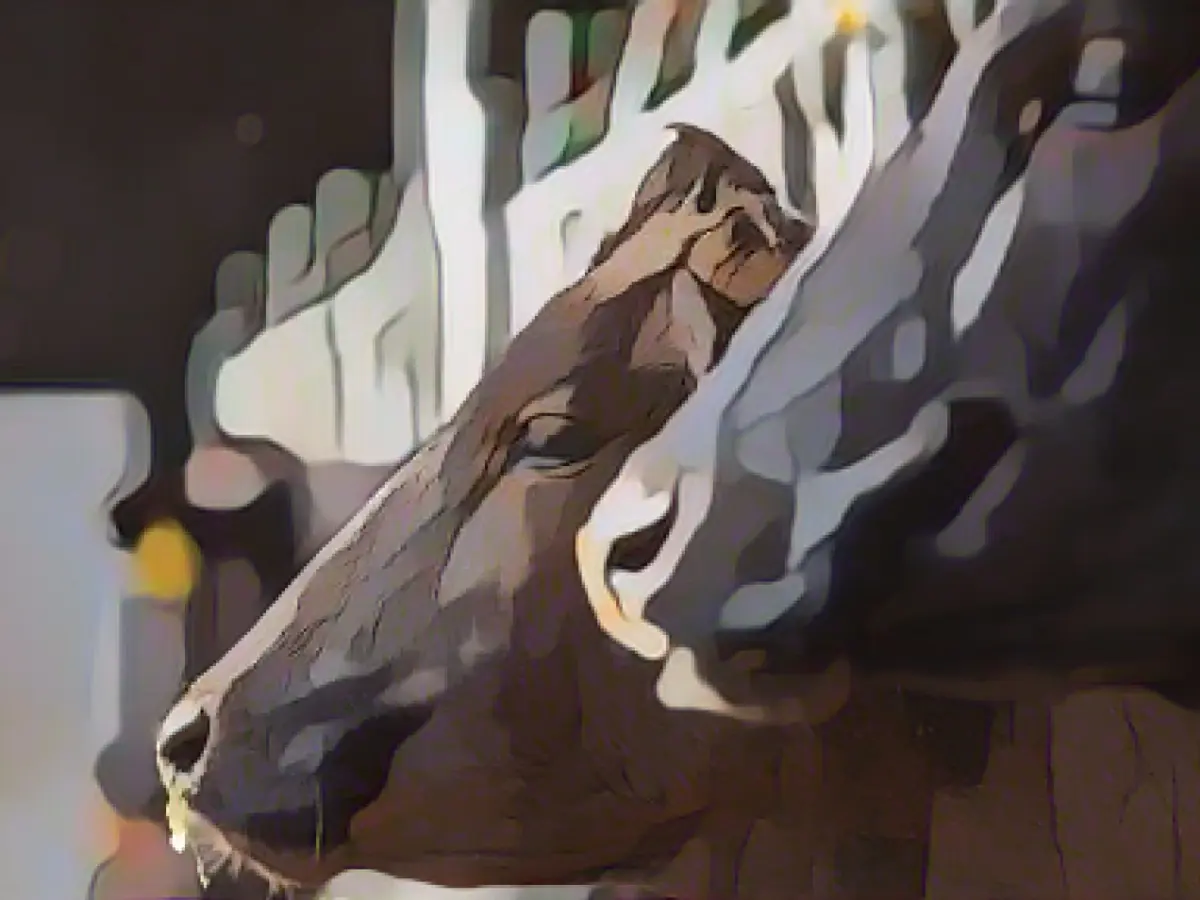Agriculture - Bavaria wants to prevent stricter rules for cattle farming
Bavaria wants to prevent the federal government's planned ban on controversial tethering in cattle farming by means of a Bundesrat initiative. State Chancellery Leader Florian Herrmann (CSU) said on Tuesday after a cabinet meeting that the current draft of the Animal Welfare Act was "absolutely unacceptable" from a Bavarian perspective. "Because it represents a frontal attack on cattle farming, on dairy farming in Bavaria, which is known to have a rural structure with many, especially medium-sized and smaller farms, for which the question of existence will then seriously arise."
According to Herrmann, the draft bill provides for a five-year transitional period before tethering is banned. In tethering, the animals are tethered in the barn all year round, a practice that is highly controversial among animal welfare activists. According to Herrmann, with this draft, the coalition government is undercutting its own plans from the coalition agreement by five years. A ban in ten years had actually been mentioned there.
If the current practice is banned in five years, many farms in Bavaria would be threatened, as tethering is the "economic backbone" of farmers. "So this is not about structural change, but about a structural break, which we fear here," said Herrmann. He accused the federal government of trying to force an "ideological project" through the wall. Bavaria was focusing on a change with support approaches, not with bans.
Alongside loose housing, tethering is still a widespread husbandry system, said Herrmann. This form of husbandry is still practiced on around 17,300 dairy farms throughout Germany, which is around 35 percent of all farms. Many of these farms could not simply meet new requirements due to the development of settlements.
The SPD, Greens and FDP have agreed in the coalition agreement to close loopholes in the Livestock Farming Ordinance and to improve the Animal Welfare Act. In addition to the ban on tethering, this also includes an obligation for video recordings in slaughterhouses and stricter regulations on interventions such as shortening the curly tails of piglets. The slaughter of heavily pregnant sheep and goats is also to be banned.
Read also:
- In response to Bavaria's stance, the Federal Government has faced criticism for potentially undermining their own coalition agreement's animal welfare plans by five years.
- The Federal Council, Germany's upper house of parliament, is expected to discuss Bavaria's Bundesrat initiative aimed at preventing the ban on tethering in cattle farming.
- Florian Herrmann, a prominent CSU member and State Chancellery Leader in Bavaria, argued that the federal government's Animal Welfare Act was threatening the existence of many medium-sized and smaller farms in Bavaria.
- The CSU, a prominent political party based in Munich, is part of the German Federal Council, and their initiative could potentially halt the federal government's stricter rules for cattle farming in Bavaria.
- The proposed ban on tethering, highly controversial among animal welfare activists, would affect around 17,300 dairy farms in Germany, or 35% of the total, posing a significant challenge for farmers in terms of compliance.
- The Coalition Agreement between the SPD, Greens, and FDP calls for the improvement of the Animal Welfare Act, with stricter regulations on tethering and the ban on certain practices like the slaughter of heavily pregnant sheep and goats, among others.
Source: www.stern.de








